KU Giving Magazine
Fund Administration and Use
Handbook
1.0 Introduction
The Kansas University Endowment Association was founded October 31, 1891, as a nonprofit corporation separate from the University of Kansas. KU Endowment is an independent tax-exempt organization under Section 501(c)(3) of the Internal Revenue Code (IRC). It is not a “private foundation” as defined under IRC Section 509(a), and gifts to it are deductible under IRC Section 170(b). Contributions from generous alumni and friends are used entirely for the purpose specified by the donor in support of the University of Kansas, its students, faculty and staff.
KU Endowment is considered a public charity, thus qualifying under the above IRC sections, because of its mission to support the activity of the University of Kansas which is a recognized tax exempt purpose. An essential element in continuing to qualify for such favorable tax status is that no part of the organization’s assets be used for other than tax exempt purposes. The use of KU Endowment assets to benefit an individual in a personal manner is prohibited. To do so would not only jeopardize KU Endowment’s tax-exempt status, but also would breach its fiduciary commitment to donors. The loss of 501(c)(3) status would devastate KU Endowment’s ability to raise new funds and would greatly reduce the amount of funds available to distribute for University purposes.
KU Endowment was audited by the Internal Revenue Service (IRS) in the mid-1990’s as a part of a routine comprehensive audit of the University and its related entities. Many of the policies addressed in this Fund Administration & Use Handbook were either required or were significantly affected by this audit, although most of KU Endowment’s long-standing policies–and the reasons for them–remain unchanged. This Handbook is updated as tax requirements and their applicability to KU Endowment change over time. Please don’t consider the Handbook to be authoritative legal or tax information for your personal tax situation; for this, please consult your own advisors.
KU Endowment also manages funds for 501(c)(3) entities which are controlled or directly related to the University, such as for the Kansas Union, the Alumni Association, medical practice foundations, the KU Athletic Corporation, etc. Any references in this Handbook to the University, including any tax reporting responsibility, generally apply to related entities as well.
KU Endowment is also exempt from paying sales tax on items or services purchased in Kansas or Missouri which are related to its mission of supporting the University of Kansas. See section 5.1 for guidance on the appropriate use of KU Endowment’s sales tax exemption.
We ask your help to ensure that the use of KU Endowment funds is for the best benefit possible for the University of Kansas. When you are considering a purchase that may be questionable in this regard, please feel free to contact our staff for guidance before you commit KU Endowment funds. The Account Services Department of KU Endowment was established to assist with these types of inquiries, but feel free to contact any KU Endowment staff listed in section 7.0 of this Handbook.
KU Endowment exists to support the work which you and your colleagues perform, so your recommendations about use, as an informed Fund Account Representative, are very important to us. But it is KU Endowment’s responsibility to ensure that our disbursements comply with tax requirements and that they achieve the intent of our donors.
As you read through this Handbook, you will notice that the following three issues are pervasive:
- use of KU Endowment funds for the exclusive benefit of the University of Kansas;
- compliance with the use of the funds as intended by our donors;
- procedures to effectively and accurately comply with tax requirements
If these three objectives can be followed, and sufficiently documented, our resources which are contributed by generous donors will be as effectively used as possible. We hope the rest of the sections of this manual, which explain how to achieve these objectives, will be helpful to you. We appreciate your assistance.
